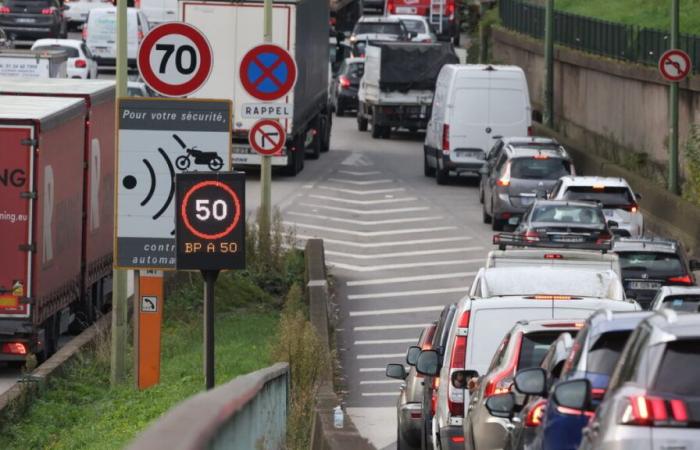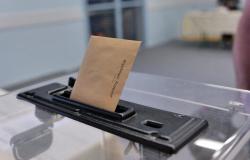One month to the day after the Paris ring road went from 70 to 50 km/h, the time has come for the first assessment. As for motorists, the measure still makes more than one grimace. “It’s hellish. I work at night and driving at 50 km/h when there is no one is a waste of time and money for me,” exasperates Rayan, Uber driver.
During the day, the reduction in speed would also have an impact on traffic flow. “We are moving slowly. It tenses everyone on the road and gives rise to more aggressive driving,” notes Michael wearily, a resident of Val-de-Marne who goes to Paris every day for work.
“Between those who drive too fast and those who respect the 50 km/h, it complicates traffic and I have the impression that it is more traffic jam but I imagine that we have to allow time to adapt. When those who go too fast have received several fines, it will perhaps regulate all this,” estimates Aline, who frequently uses the axis.
Reduced traffic jams, accidents and noise at night
A feeling that the first figures published by the Paris town hall tend to deny. Thanks to its weekly bulletin aimed at measuring the impact of the new limitation, the municipality is already seeing rather positive results. From October 21 to 25, 2024, the town hall observes a reduction in traffic jams of 37% and 8% in accidents compared to the same period in 2023.
“If I had one word to remember, it’s encouraging. This means that this measure is respected and that it has its first effects on the residents who live near the ring road. In terms of air pollution and noise pollution that we measure, we see a reduction,” assured David Belliard, deputy environmentalist in charge of mobility, at the microphone of BFMTV.
As indicated by the municipality, the repercussions of lowering the speed on air quality have not yet been measured and will occur in the longer term. On the other hand, the consequences on noise have already been noted. Still over the period from October 21 to 25, the sensors measured a drop of almost 6 dB during the night.
In an interview with AFP this Sunday, the mayor of Paris, Anne Hidalgo (PS), declared in this regard that by 2030, it is “absolutely essential” to continue to reduce air pollution. which causes 2,500 deaths per year in Paris. The elected official also notes that since 2012, “pollution in Paris has fallen by 40% and this is completely correlated to the drop in traffic which is also 40%” and she therefore does not hide her wish to continue in this means its “gentle revolution”.






